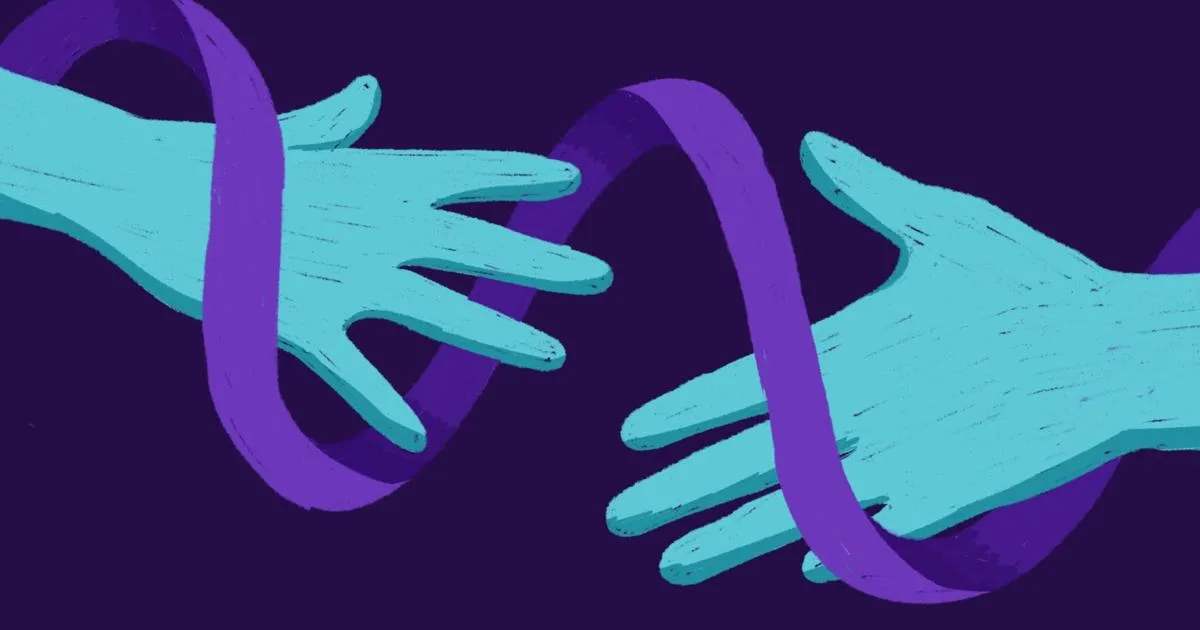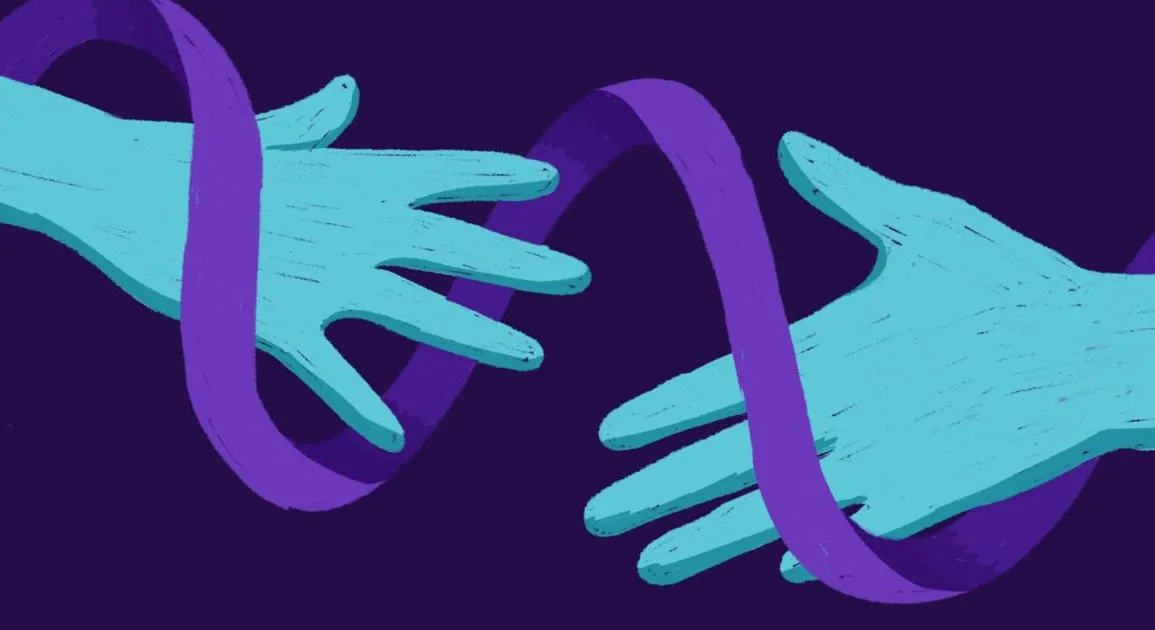
A recent University of Georgia study described a rise in suicide rates among Black male adolescents and young adults. According to the study, one in three rural Black men reported experiencing suicidal ideation or thoughts of death.
“We need to destigmatize mental health, and this can also be particularly challenging in the Black community,” Steven Kogan, a conductor of the UGA study and human development professor who specializes in research of the African Americans community, said. “I think that there are socio-cultural forces that we need to acknowledge that have affected Black men, where they feel less like they’re allowed to be depressed or to have mental health problems.
The CDC found that suicide is the second leading cause of death for Black individuals between the ages of 15-24, with Black men dying by suicide four times as much as Black women. This UGA study, conducted by Kogan, Ava J. Beck, Michael G. Curtis and Assaf Oshri, has sparked a campus-wide conversation about Black men’s mental health and how UGA can help combat this.
The study affirms that many factors, including racial discrimination, play a key role in the way Black men view themselves. The UGA Black Affairs Council’s Social Justice Chair Michael Howard believes there is still a stigma surrounding the discussion of Black men and their mental health. He notes that societal roles and toxic masculinity play a large role in the mental health of young Black men.
“There’s definitely still a stigma because we as Black men are supposed to be tough and strong … and in society some people are fearful of us and who we are,” Howard said.
Another factor contributing to the dissipation of mental health among Black men is childhood trauma and adversity. Senior sports management student Langston Richards believes that positive conversations about mental health during childhood formation is integral to improving this issue. He notes that negative attention to Black men in the media can cause a negative self-image for young Black men.
“You see stuff like that and it can kind of instill hopelessness for young Black men who are looking to succeed — it can lead to depression,” Richards said.
Both men agreed that loneliness and isolation are to blame as main contributors to depression amongst Black men. The case study mentioned that experiencing childhood trauma and racial discrimination can lead to a lack of trust for young Black men, ultimately affecting their friendships and relationships by leading to isolation.
“We’re taught to keep [emotions] in,” Howard said. “When you cry as a little boy … they’ll be like ‘stop crying, men don’t do that,’ … and that breeds loneliness because you can’t talk about how you feel to anybody.”
Both men agreed more resources are necessary on campus to combat these hopeless feelings. Howard stated that though there are sufficient resources on campus, few are geared towards men, especially Black men.
“There’s not a lot of professionals that look like me in those [health] centers,” Howard said. “Also, there are not a lot of Black men in therapy and things of that nature. So, while there are resources, we either don’t know about them, or they’re not really suited towards us.”
According to a study conducted by Harvard’s Medical School, approximately only 25% of Black Americans go to therapy as opposed to 40% for their white counterparts. Promotion of therapy for Black men could cause an increase in attendance and close the gap.
Richards said he is an advocate for therapy, something he learned from his dad. Richards’ dad encouraged him and his sister to get help for their mental health, as he finds it important to a healthy life.
“I feel like there’s always more we can do,” Richards said. “I’m not seeing a whole lot of promotion about stuff like that. I see promotion about mental health but not specifically Black men’s mental health. We can do more.”
Both men wanted to inspire other Black men on campus who may be struggling mentally by sharing a few words of encouragement.
“Please, please get help — I know it’s hard to admit to yourself that maybe you’re not as strong as you thought or that you’re not okay, but a real man is able to express who he is and express his feelings,” Howard said. “It’s better to struggle with people than to struggle alone.”
Richards emphasized the importance of recognizing that something is wrong to start on the recovery journey, something he discovered through his own experience.
To learn more about mental health resources on UGA’s campus, visit https://healthcenter.uga.edu/bewelluga/counseling/.



